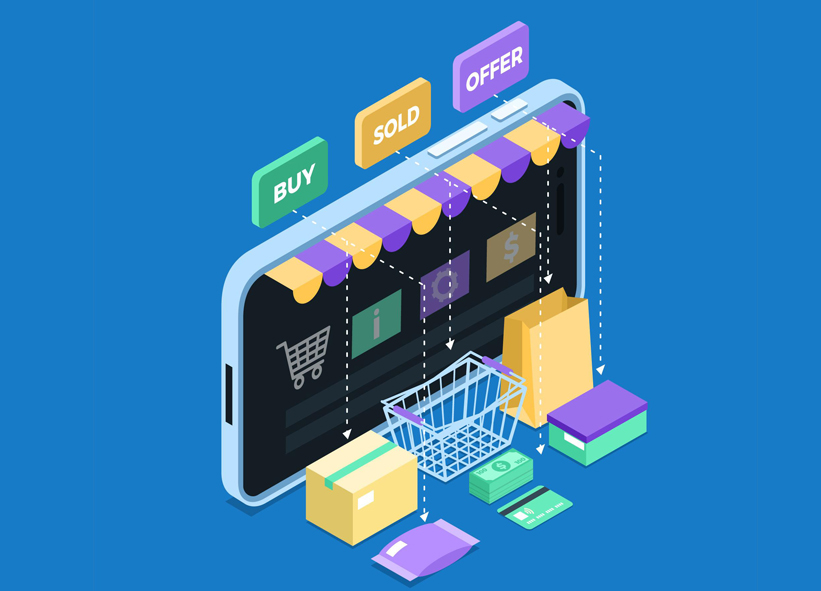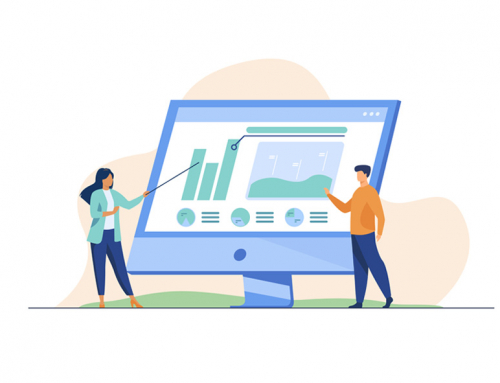Most entrepreneurs have started an online venture with a view to minimising initial investment costs. In online sales, it is very difficult to obtain cheap technology to face a progressive challenge with sufficient solvency.
But from bycomercial we propose the democratization of online sales, with a simple and powerful tool to create your online shop.
It is normal to want to know the product first and then buy it. Have a fully operational and functional “demo” version and see how it works. This cannot be done with development in wordpress, prestashop, magento, …. because you need to program, design and in many cases buy plugins to simply see what our basic online shop would look like. Besides, we cannot test ourselves as online entrepreneurs, see if we can sell, if we have enough activity.
Microcompanies
The current format of the entrepreneur is an online sales micro-company with offline activity, in some cases. Therefore it does not usually have a battery of thousands of products ready to be sold. There are perhaps 20-30 products.
A simple and secure payment system.
It starts by using a universal payment system known as PayPal. You can add others later
78% of Spanish SMEs and self-employed workers still do not have a website
It is clear that e-commerce has become a complement to retail distribution in physical shops and improves the consumer experience. But the reality is that there is still a long way to go. 78% of Spanish SMEs and self-employed still do not have a website and this gap is being a problem for many of them in the midst of the crisis, which requires a faster digitization of business, as shown by a study by GoDaddy, which also shows an entry barrier by the “lack of knowledge of entrepreneurs how easy it can be to create a website.
E-commerce has gone from being an option to a necessity. Little by little Spanish small businesses and self-employed people are aware of the need and the multiple benefits that the digital world offers to their business.
What can already be seen in our society is that in 2020, the e-commerce industry has already experienced almost double the year-on-year growth it had in 2019. Even once the Covid-19 has diminished, the collective psyche of consumers will not soon forget the fears of shopping and getting stuck in line behind someone who leaves a very big sneeze and no mask.
The opportunities of the digital economy are endless. If we think about what it would have taken for a small business to be able to sell its products or services nationally or internationally 20 years ago, it becomes clear how much progress there has been in this area. Now, thanks to technology, it is possible for SMEs to have customers everywhere and to have remote workers regardless of their location.
We must start to see the digital ecosystem as an investment, not as an expense
Thus, many companies have launched themselves to invest in creating their online shop without, for example, testing the option to market their products in marketplaces, or to do it in these without having all the necessary knowledge. ByComercial recommends that companies work on specific strategies to sell on the Internet. To do so, according to their words, it is necessary to have sufficient expertise, either via training or with the support of experts. If this is not the case, the chances of success are slim.






